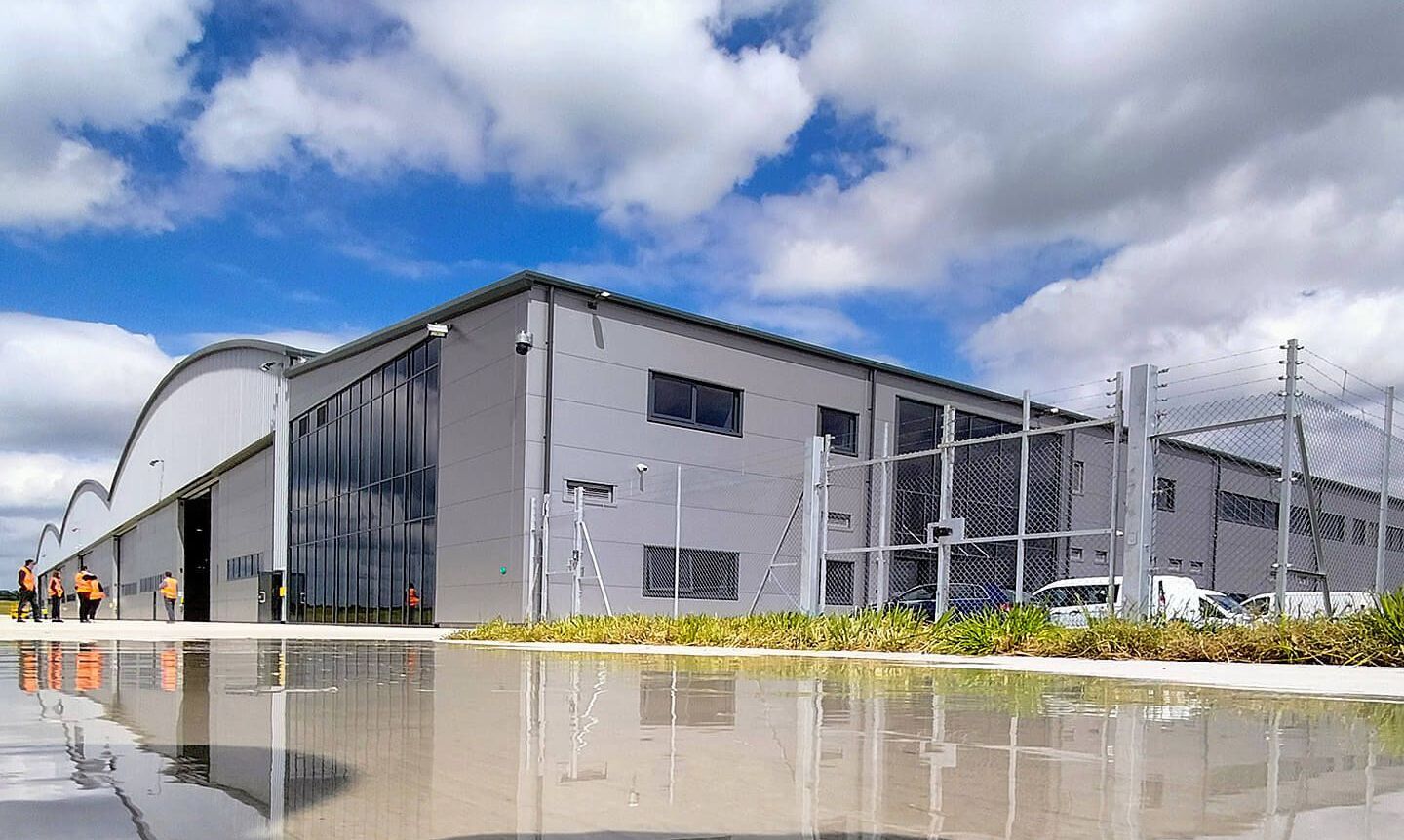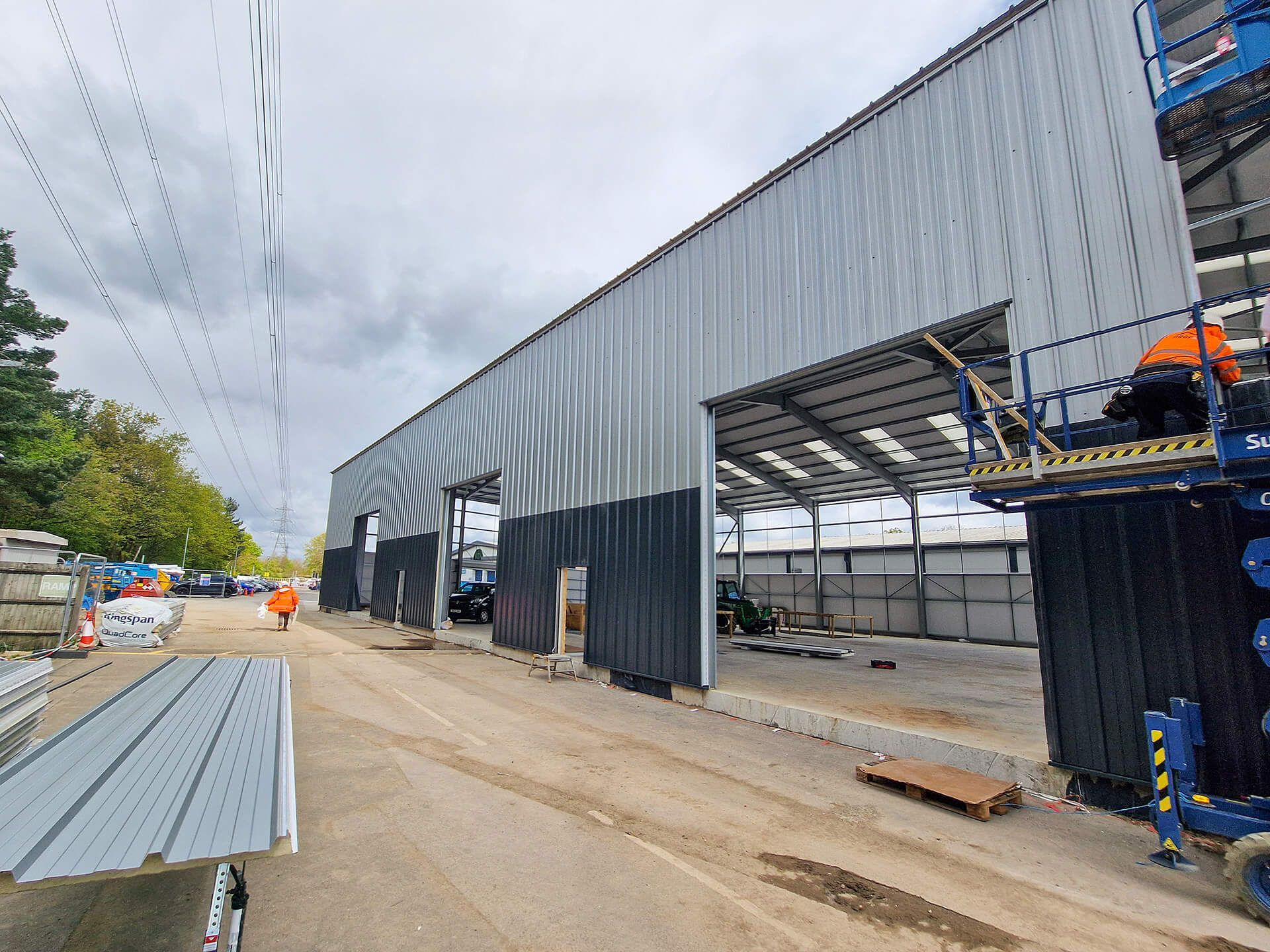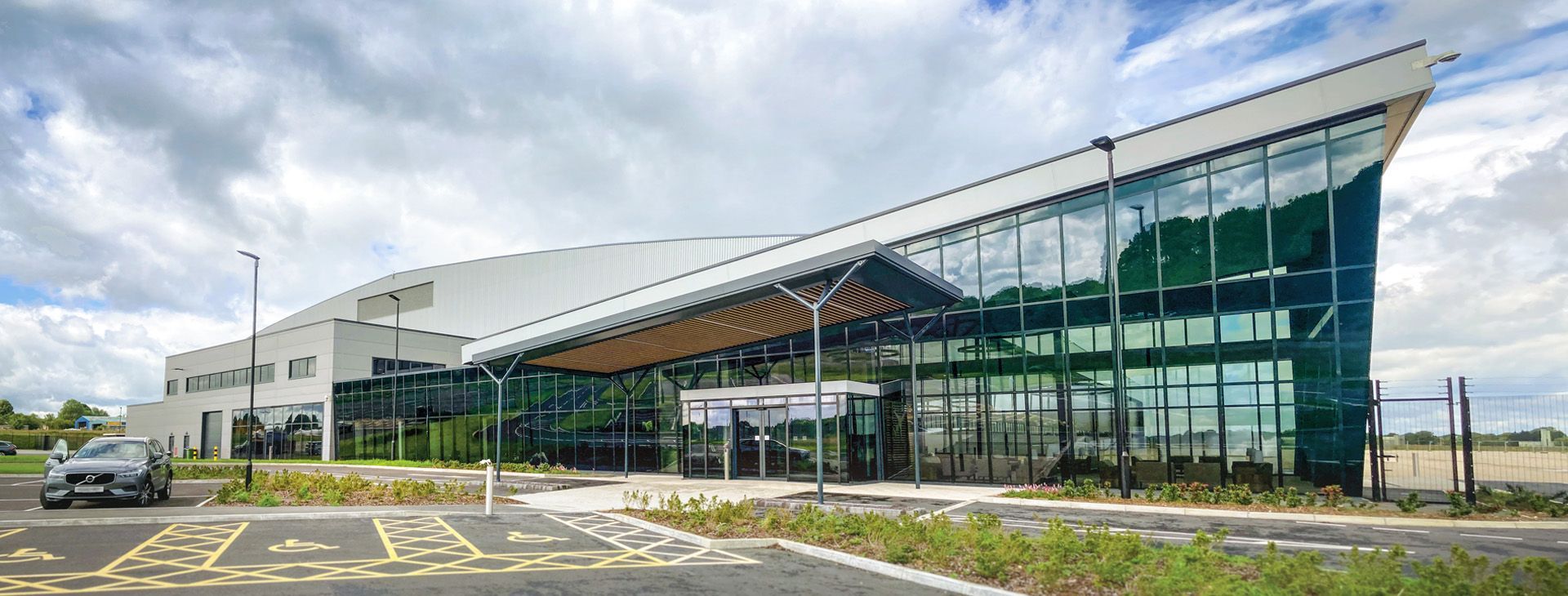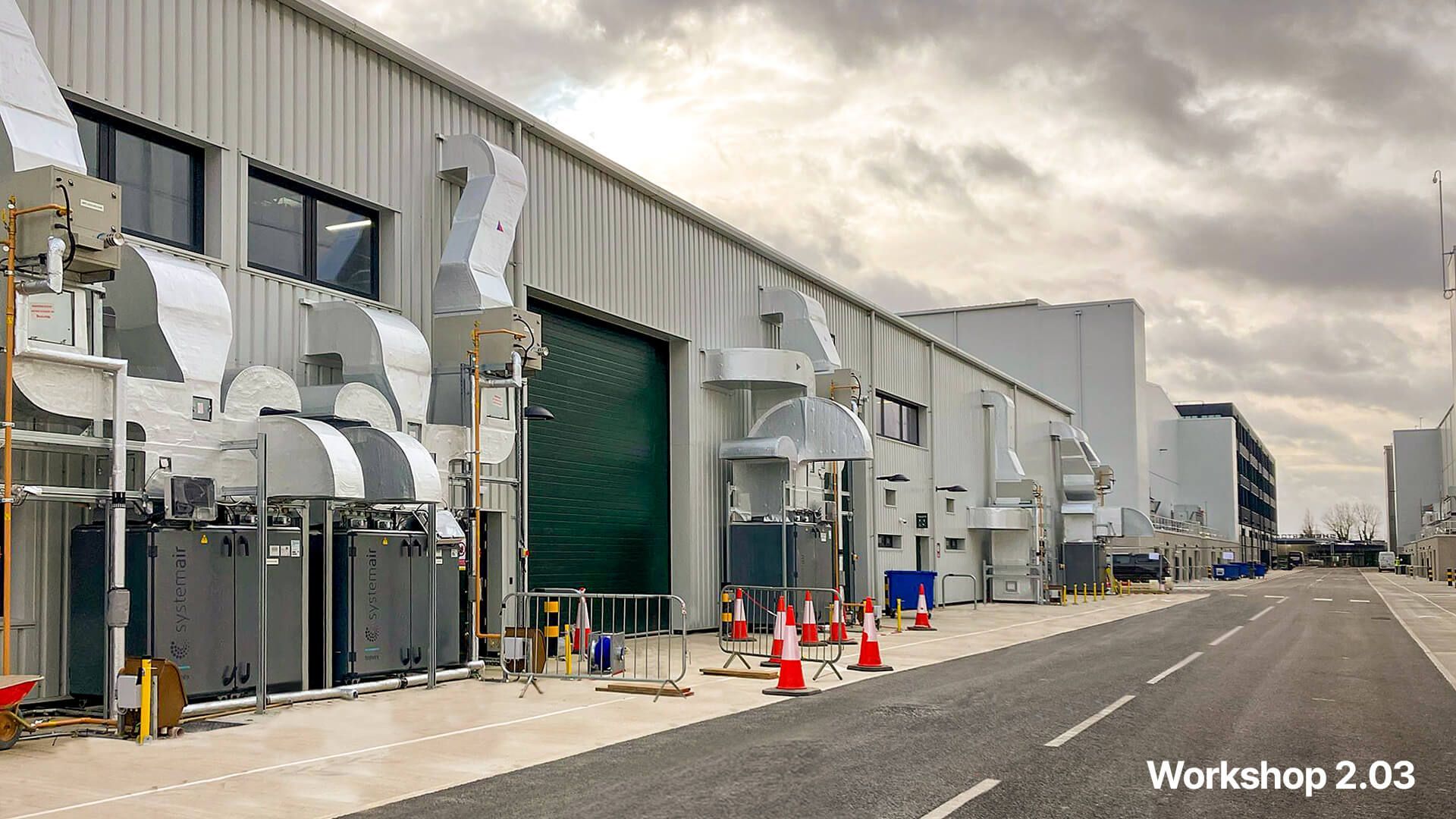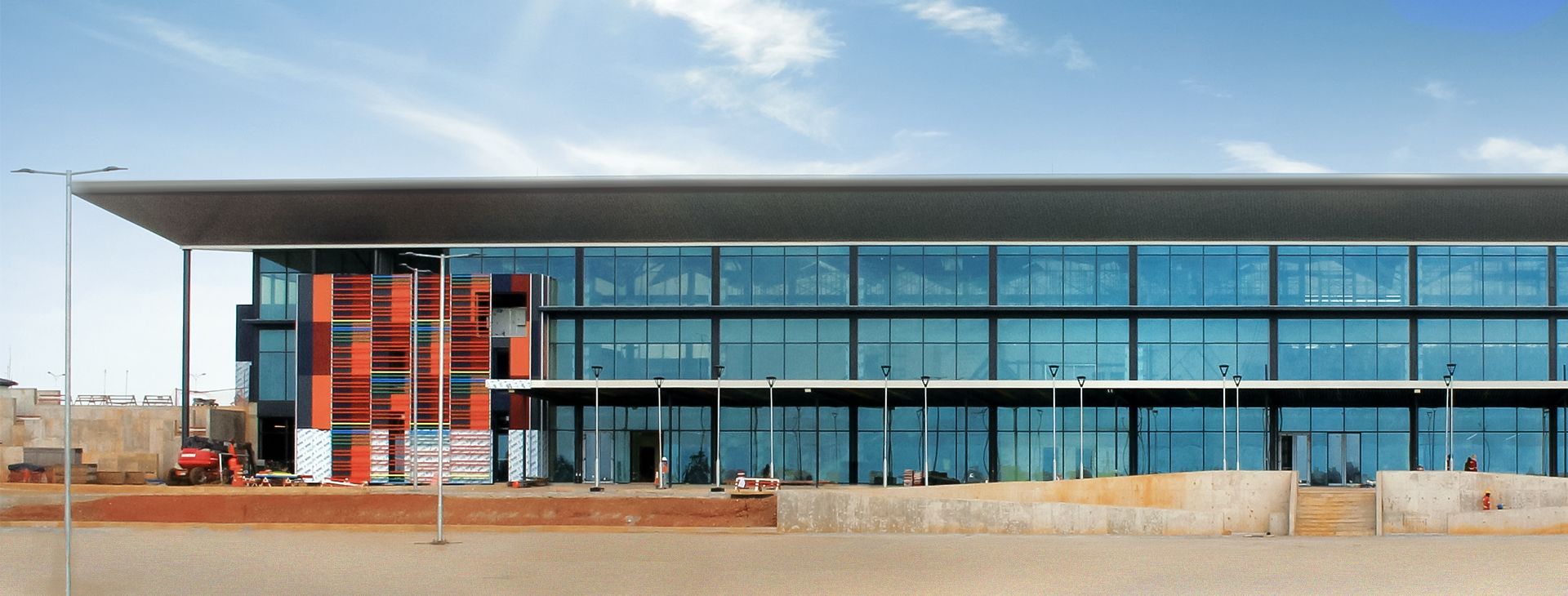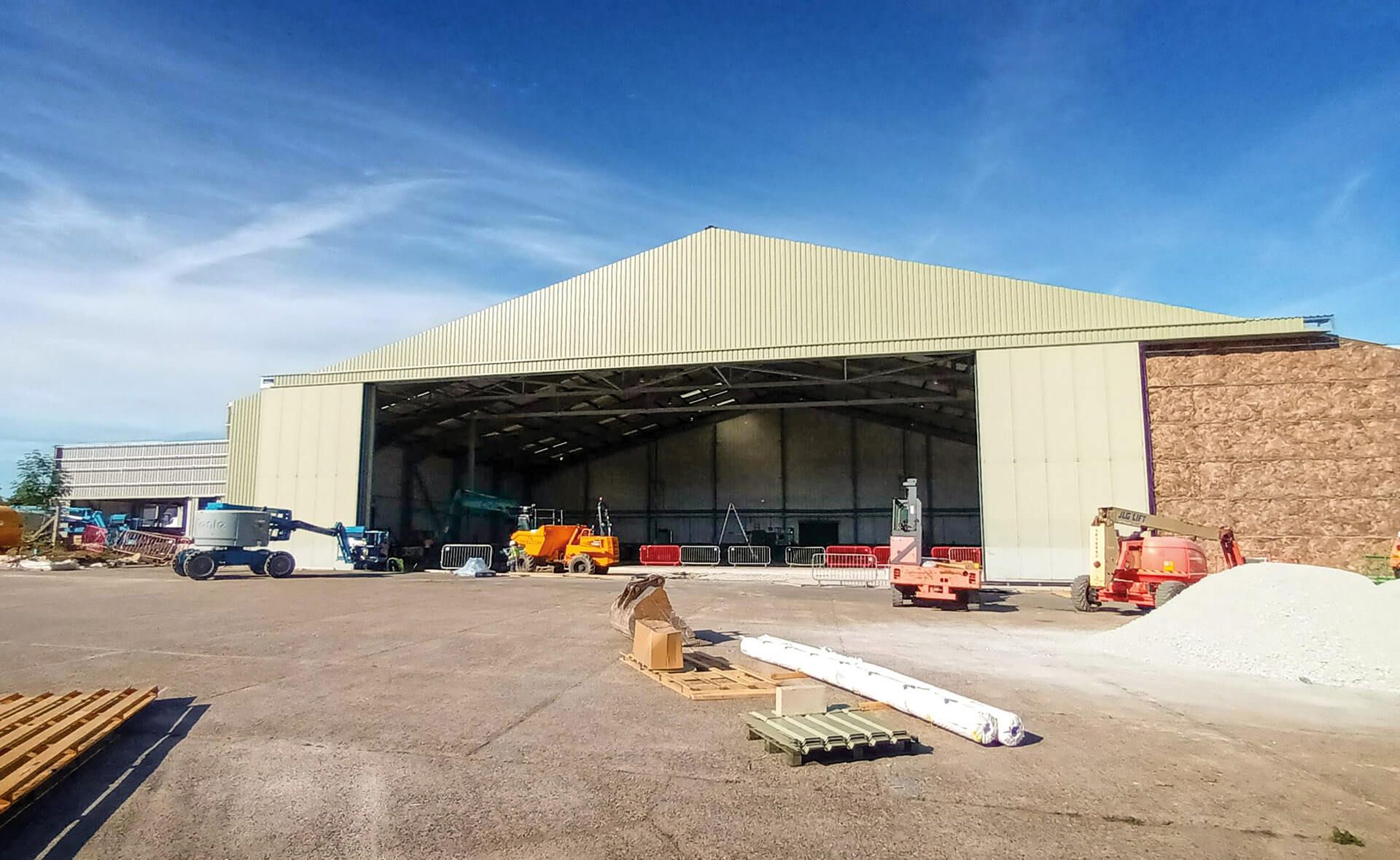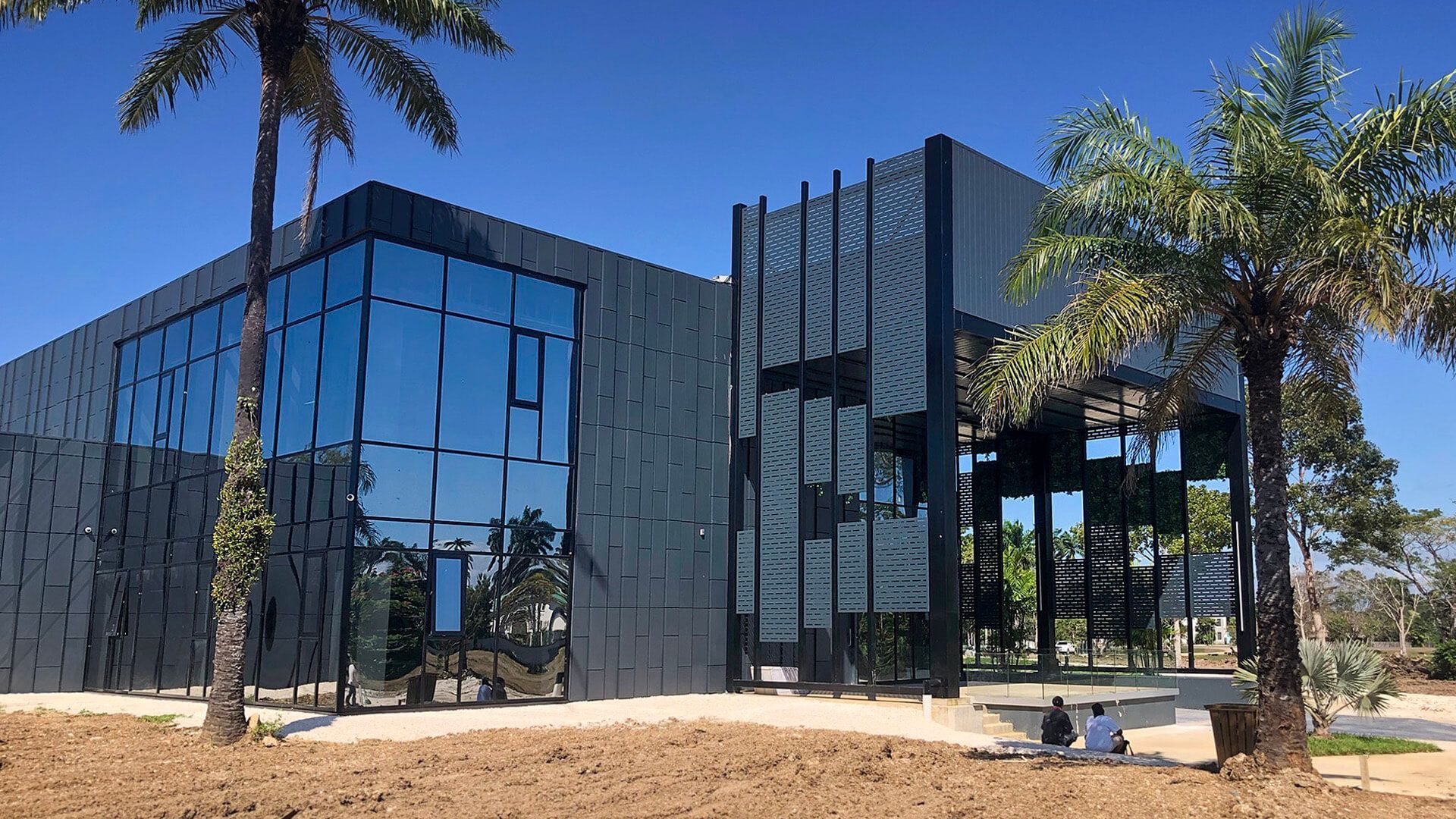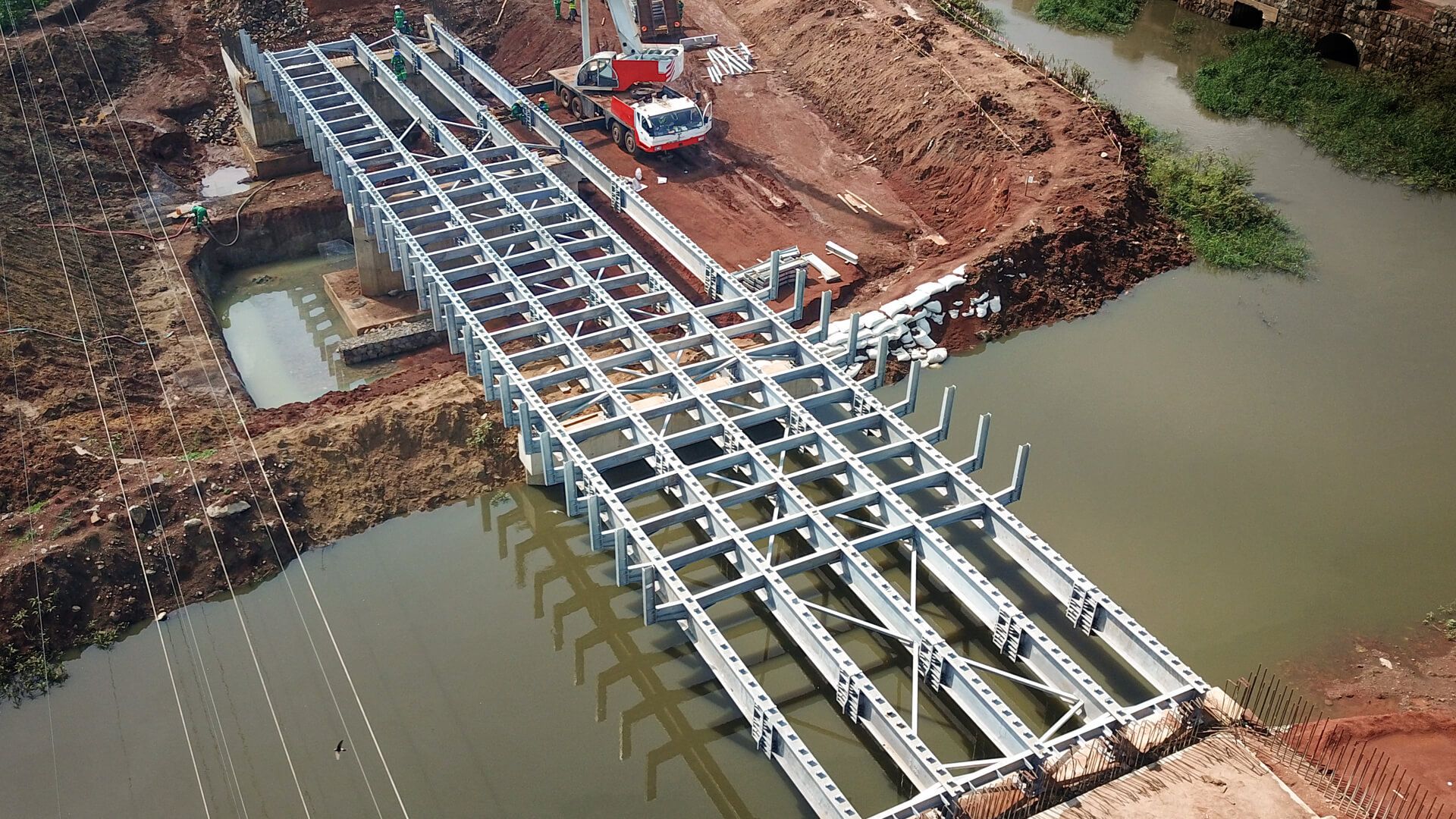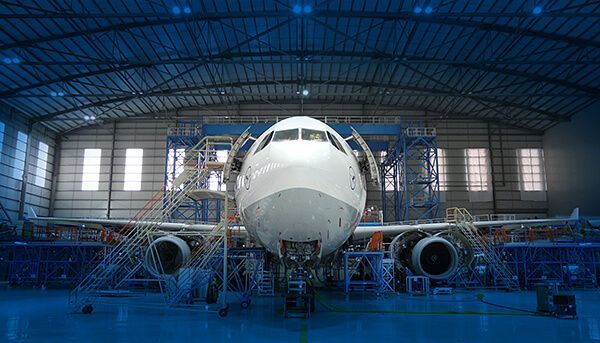REIDsteel
Structural Steel Projects
Our main business is steel structure design & fabrication - We are a UK company with a strong home market, but we also export to countries all over the world.”
These are some of our favourite projects that we've collaborated on in recent years, some are simple structures with inherent logistical challenges and other are just an endorsement of how well we can put together amazing steel structures...
Simon Boyd, Managing Director
Right click images to open in new tab \ window
Plus hurricane & seismic resilient buildings, stadia & grandstands, HVM gates, hospitals, housing, defence structures, car parks . . .


